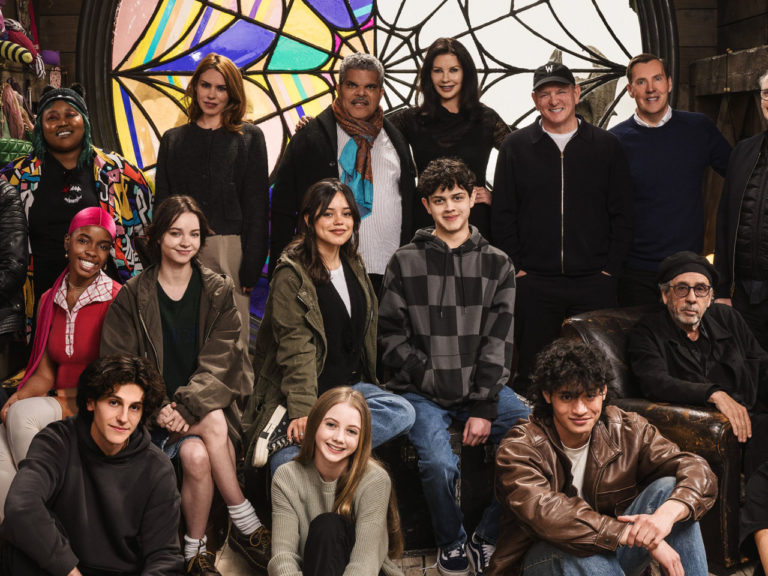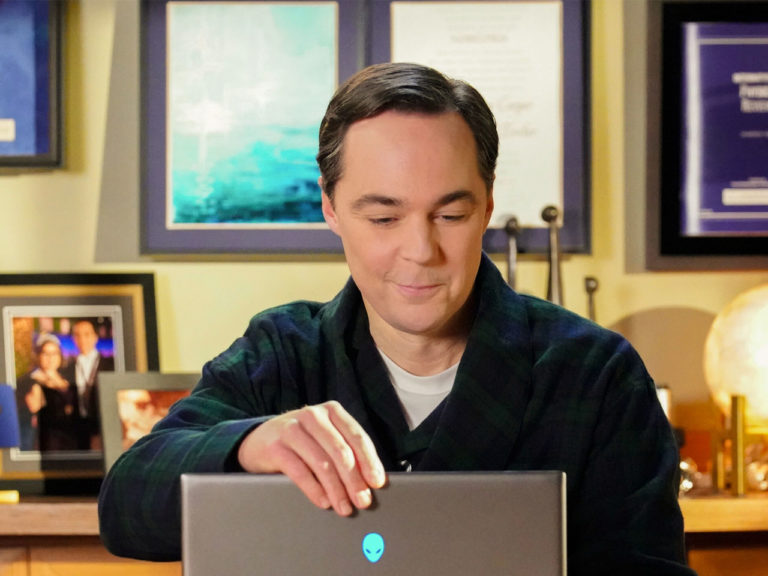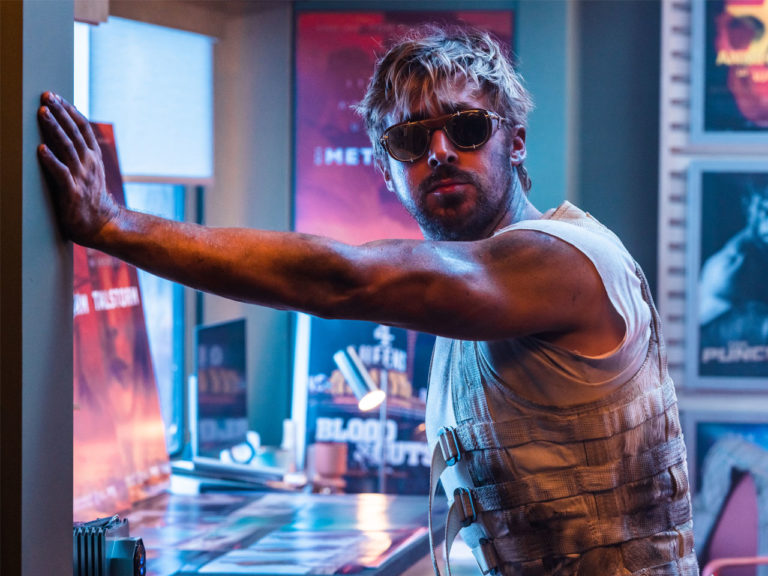
Little known fact about me: The Penguin is one of my favourite Batman villains!

I don’t talk about it much, because I haven’t really had much of a chance to review comics with him. He’s second to Joker, if only because I’m a basic bitch – but there’s a lot to love about this guy. It’s no wonder the guy was essentially the deutoragonist of Gotham, and he was such a standout in The Batman that of course he’d be getting a tv show! The Batman News team even occasionally writes fan stories between the team, and mine ended up being about the Penguin. Writing him was an absolute pleasure, and while I can’t say if the story was any good or not, I have a little understanding of what goes into writing the character.
Maybe this is why I’m going to be a little generous to Ridley and Camuncoli’s One Bad Day comic. Penguin, while a wonderful character, is also surprisingly complicated to write – and the story Ridley’s created for him is an ambitious one indeed. While I don’t think it succeeds in everything it’s trying to do, I like the fact that it tries – so let’s dive into it.

I think the first thing to praise about this book is, strangely enough, the length. One Bad Day – The Penguin is a long book, and it doesn’t have a lot going on inside it. In some ways, it makes the book a bit of a slog, but I think it ends up working to its ultimate benefit! The premise is what it takes for Oswald Cobblepot to rebuild his empire with nothing but a gun and a bullet to his name, and what he does with that is interesting. It starts about how you’d expect – using the bullet on one person to get a little more, and to build his way up from there. It takes a turn shortly afterward, though: rather than rebuilding his empire on cruelty and malice, he decides to do so with apologies and gestures of friendship.

I wasn’t sure how to feel about it, at first. Penguin is a lot of things, but I have never considered him to be very good at being authentically nice. Writing him from that perspective, however, allows Ridley to let Penguin open up in ways we don’t normally get to see. Ridley seems to understand the fundamental appeal of the Penguin: He’s a man who’s been humiliated his whole life for his physique, and it drives him to do whatever it takes to get what he feels is his due. It’s why he fits so well in both the realm of crime and the realm of the supervillain. In that sense, Ridley writes a Penguin that’s, in a lot of ways, empathetic.

My issue, perhaps, is that he’s too empathetic. Ultimately, I think one of Penguin’s most interesting qualities is his hypocrisy – despite his underdog status, he still remains a part of the ruling class, one who delights in cruelty, malice, and pushing people underneath his heel. Here, Ridley paints him as a necessary evil, and one that’s ultimately better for Gotham than the chaos without him. It’s an interesting interpretation, and I like that it exists – but I certainly don’t agree with it. Penguin is many things, but I don’t think most stories would describe his brand of evil as “necessary”.
Maybe part of why it bothers me is because of how it paints Batman by extension. During my reviews of I Am Batman, I didn’t want to make any presumptions about how Ridley felt about Bruce Wayne – but here, it doesn’t seem like Ridley has the most favourable view of him. The story continues Ridley’s ongoing arc in the aforementioned title, with Renee Montoya leading the GCPD as its commissioner – and between the two, it seems that they’ve completely lost control of Gotham.

Apparently, the new wave in criminal activity is due to the rise of Penguin’s former assistant, Umbrella Man – a name that would be stupid, if the book wasn’t about a character called the Penguin. Even still, it’s a little absurd this is what sends Gotham over the edge – especially since in most interpretations, Batman’s presence is what transitions Gotham from the world of traditional crime to the world of the supervillain. Penguin “calls Bruce out” on this, and while the scene is well written, it’s an awfully bleak interpretation of Bruce’s effectiveness as a hero. I like the idea of it, but it can’t help but leave a bit of a sour impression in my mouth.

Giuseppe Camuncoli’s art is quite good in this, though! His interpretation of the Penguin is a little reserved for my taste (with one excellent scene as an exception), but he manages to sell me on the more sympathetic version of the character Ridley is pitching. He has a good understanding of Gotham’s mood: wide, sprawling and omnipresent, overwhelming to everyone not intimately familiar with its streets. He has a good level of pacing and spacing to give each panel room to breathe, and I’m especially happy with how he handles the book’s new characters. This isn’t because I think the character design is all that good – in fact, I’m not really into it – but he at least makes several characters look visually peculiar when they lack in the writing department.

In general, I think Ridley’s interpretation of Gotham is interesting, if uninspired. He creates, to my knowledge, four unique characters for this story, and none of them are all that exciting. I find there are often the makings of something cool in his comics, and he has a great understanding of pacing – but in the worldbuilding, in the minutia of making all of his characters interesting, he struggles. When it comes to the Penguin, I do think he succeeds – and seeing as he’s the main character, then clearly something’s been done right.
Recommended If:
- You’re looking for a sympathetic interpretation of Penguin… and a less sympathetic interpretation of Batman.
- You don’t mind middling side characters in favour of a decent main character.
- Stretching your suspension of disbelief is something you’re well used to doing in even the more “realistic” Batman stories.
Conclusion
I ultimately don’t think this book can reach the heights it’s aiming for – and it’s a shame, because those are some admirable heights. There’s a fantastic premise here that gets a little lost in itself – so whether you dislike it for its character decisions or simply because Ridley’s worldbuilding is so-so, you’re reading a comic that isn’t quite what it wants to be. However, I think there are enough moments in this book to give it some credit for trying.
Score: 5.5/10
——————
Disclaimer: DC Comics provided Batman News with a copy of this comic for the purpose of this review.
Author’s Twitter: @ObnoxiousFinch


